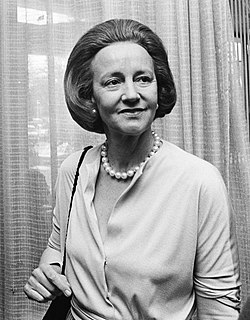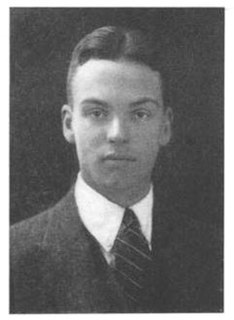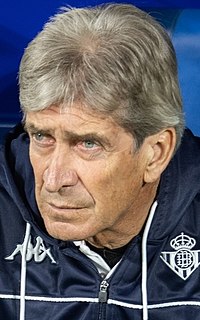A Quote by Douglas Leone
In a globalized world, one application can spread like wildfire and there's only one winning company, which means you have to invest more than you've ever had.
Related Quotes
If any country was a mine-shaft canary for the reintroduction of cholera, it was Haiti - and we knew it. And in retrospect, more should have been done to prepare for cholera... which can spread like wildfire in Haiti... This was a big rebuke to all of us working in public health and health care in Haiti.
So here we are in a country with more wheat and corn and more money in the bank, more cotton, more everything in the world-there's not a product that you can name that we haven't got more of than any other country ever had on the face of the earth-and yet we've got people starving. We'll hold the distinction of being the only nation in the history of the world that ever went to the poor house in an automobile.
When in 1969 I became publisher of the 'Washington Post' as well as president of the company, my plate was fuller than ever. I had partly worked myself into the job but not, except for rare occasions, taken hold. I had acquired some sense of business but still relied on others more than most company presidents did.
When you manage a big team like River Plate or Madrid, they are used to winning titles. The people are happy, but they are used to it. When you have an achievement like I had in Villarreal, reaching the semi-final of the Champions League, finishing second in the league, it's more than winning a title. It's more.
One of the things that I realized when I left office was that in the 1990's citizens across the world applied more power than they had ever had, as compared with the government, because of more people living under democracies than dictatorships for the first time, the power of the internet, which the young Chinese used to basically change China's policy on the SARS epidemic, and shut it down, and because of the rise in non-governmental organizations like my foundation.
The psychology of the saver and the psychology of the investor is very closely connected with Keynes' distinction between risk and uncertainty. When the future is uncertain, he thought that a lot of saving would be directed towards securing, securing more, getting more security in the present, rather than building wealth in the future, which was the classical view, you save in order to invest, in order to consume more later on. What he had called the propensity to hoard or liquidity preference would normally be stronger than the inducement to invest.



































